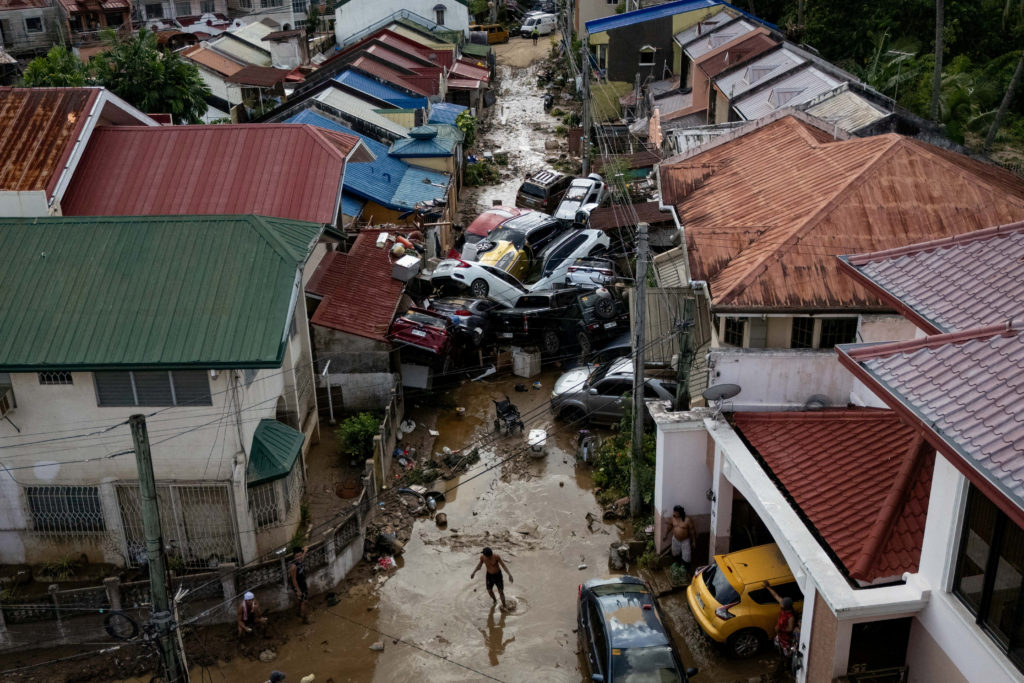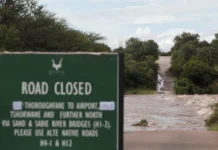By Were Kelly |
The Philippines is facing a severe humanitarian crisis following Super Typhoon Kalmaegi, locally known as Tino, which struck the central islands on 4 November.
The storm brought winds of 155 kilometres per hour and unleashed a month’s worth of rain within 24 hours, triggering flash floods and landslides that claimed 188 lives, displaced 430,000 people, and left 127 missing.
In response, President Bongbong Marcos declared a state of national calamity on 6 November, unlocking emergency funds to prevent hoarding and speed up relief distribution.
Power outages have affected 1.4 million households, while rescue operations suffered a tragic blow when a Philippine Air Force helicopter crashed en route to deliver aid, killing six crew members.
Despite the destruction, stories of resilience have emerged across the hardest-hit areas. In Cebu, families such as the Garcias began rebuilding their homes with bamboo supplied by neighbours, while community kitchens in Talisay city provided food for thousands of displaced individuals.
President Marcos stressed the urgency of the response, warning of another looming threat from Super Typhoon Uwan. “This national calamity declaration enables us to act with speed and purpose. We must get aid to every single affected family and prepare for the next threat,” he said.
Local leaders highlighted the unyielding communal spirit of Filipinos. Cebu Governor Pamela Baricuatro said, “The spirit of bayanihan is alive. We see neighbours helping neighbours, sharing what little they have.” Survivors echoed this resilience.
Elena Torres, a resident of the hardest-hit areas, remarked, “We’ve lost homes, but not hope. We will rebuild, just as we always do, together.”



















